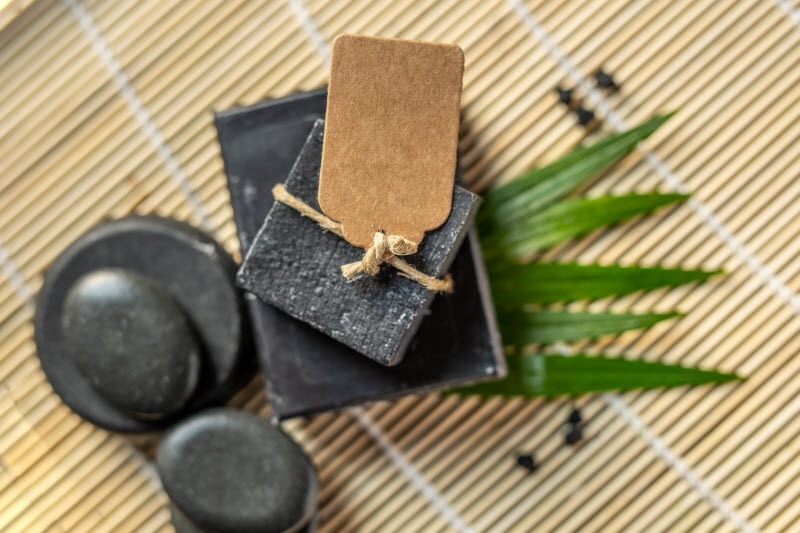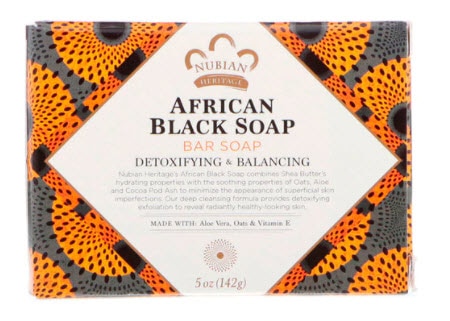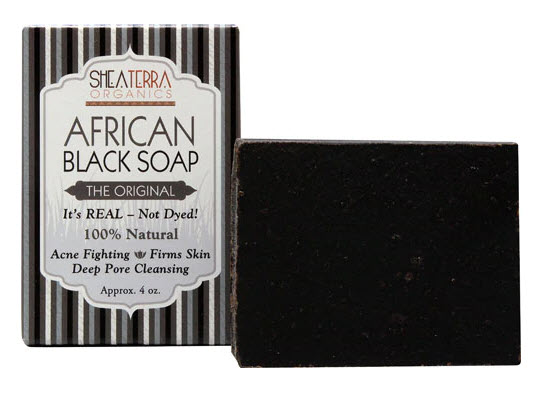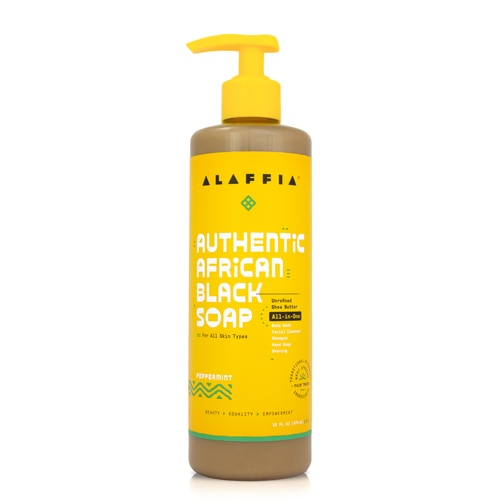With all the synthesized chemicals out there, it’s comforting to know when you’re using beauty products made from all-natural ingredients – ones that are just steps away from nature.
These ‘back-to-nature’ ingredients often boast a long history of use (like the retinol-substitute,
bakuchiol, for example), and because of that, they seem to offer greater proof of the benefits they offer.
While it makes sense that extracts from living plant matter lend a host of benefits, it might be surprising to learn that
decaying plant matter also shows promising results in skincare. This decaying plant matter is called humic acid – and this earth-made ingredient comes straight from your compost!

Skin-rejuvenating benefits of decaying plant matter
Called
humus, this material is the organic part of soil that’s composed of (among other things) decaying plant matter. The compounds hiding in that dark, nutrient-rich soil – namely fulvic acid, humin and humic acid – have recently entered the ‘scientific spotlight’ with their variety of health benefits – both for the inside and outside of your body.
Along with fulvic acid, humic acid is produced naturally in substances like soil and peat. It helps soil, peat and living plants retain moisture and nutrients, creating healthy, nutrient-rich soil where plants can truly thrive.
And while fulvic acid has long stolen the spotlight with its
proven skin benefits, recent studies are suggesting humic acid packs a powerful skin-rejuvenating punch of its own.
What is humic acid?
Humic acid, in the form of humus (a dark powdery substance that needs to be activated by water), has been used in various cultures around the world as a traditional medicinal ingredient due to its anti-inflammatory, antioxidant and antiviral properties. This acid is used as an ingredient in beauty products and is most commonly found in
African Black Soap.
Humic acid benefits for skin
So what happens if we put humic acid on our skin?
If we think of ourselves like those living plants mentioned above, applying humic acid to our skin helps it to ‘thrive’ in a variety of ways, such as:
- Gently exfoliating, which boosts cell turnover and makes way for healthy new cells to emerge
- Antioxidant action which neutralizes free-radicals threatening to age and damage our skin
- Reducing red spots, calming inflammation and evening out skin complexion
And, according to the study below, humic acid shows great potential in alleviating inflammatory skin conditions like contact dermatitis and psoriasis.
Inflammation-relieving qualities of humic substances
According to one study, patients suffering from chronic skin inflammatory conditions applied peat topically for several days. Patients reported quick relief from itching and inflammation – even the cessation of a pustule formation. The conclusion was that the anti-inflammatory properties of the humic substances were likely responsible for the success, which is very promising for others suffering from skin issues and looking for more natural remedies.
While there certainly needs to be more studies on peat and humic acids, topical humic-based products like humic acid could open up a whole new chapter on naturally-battling irritating skin conditions. It may even be an option for rosacea patients (to help suppress flushing) or for those who’ve undergone a recent chemical peel (to help prevent infection).
Skin products with humic substances
Because humic acid has just recently stepped out of the shadow of fulvic acid, it doesn’t (yet) have the same following. This means it’s hard to find in products – though it’s sometimes found with fulvic acid in the ingredient list.
If you want to reap the skin benefits humic acid offers, the easiest way is to start with
African Black Soap and see what you think. However, keep your eyes open for more products in the future, as humic acid’s clear benefits to the skin (not to mention its natural abundance!) are sure to spur on plenty more development in the years to come.
Talk about the power of nature!
Featured products:








